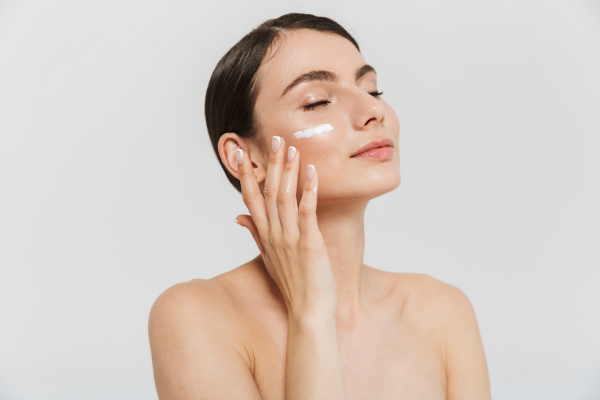May Help Protect Against Sun Damage
The antioxidants in vitamin C may help defend against the damage that UV light can cause. That doesn’t mean that you can use a vitamin C skin serum in place of sunscreen. It can’t replace SPF since it doesn’t absorb UVA or UVB rays. But if UV light does get into your skin, some research suggests that vitamin C can help blunt the harm.


Might Lighten Dark Spots
Vitamin C-based skin care products may lighten patches that are darker than the rest of your skin, called hyperpigmentation. In one study, vitamin C applied to the skin for 16 weeks significantly cut down on these spots. But experts say it will take more research to confirm how well vitamin C creams work.
Helps Smooth Wrinkles
Vitamin C is a powerful ingredient in many anti-aging products. Some studies show that it can reduce the appearance of wrinkles when you use it for at least 12 weeks. A healthy diet that’s high in this nutrient might help, too. Research suggests that people who eat more vitamin C have fewer wrinkles. It’s not limited to citrus fruits. Broccoli, red peppers, and spinach are chock full of it, too.


Boosts Collagen
This protein is naturally present in your skin and helps keep it from sagging. But your body slows down collagen production as you age. Vitamin C applied to the skin can encourage new collagen to grow. It also helps maintain the collagen you do have and protects the precious protein from damage.
Helps Smooth Wrinkles
Vitamin C can help wounds heal more quickly. You could take supplements, get more of the nutrient in your diet, or apply it to your skin. All help close open sores — especially in people who don’t already get enough of the stuff. The vitamin helps the body produce the collagen necessary to resolve this type of injury.



